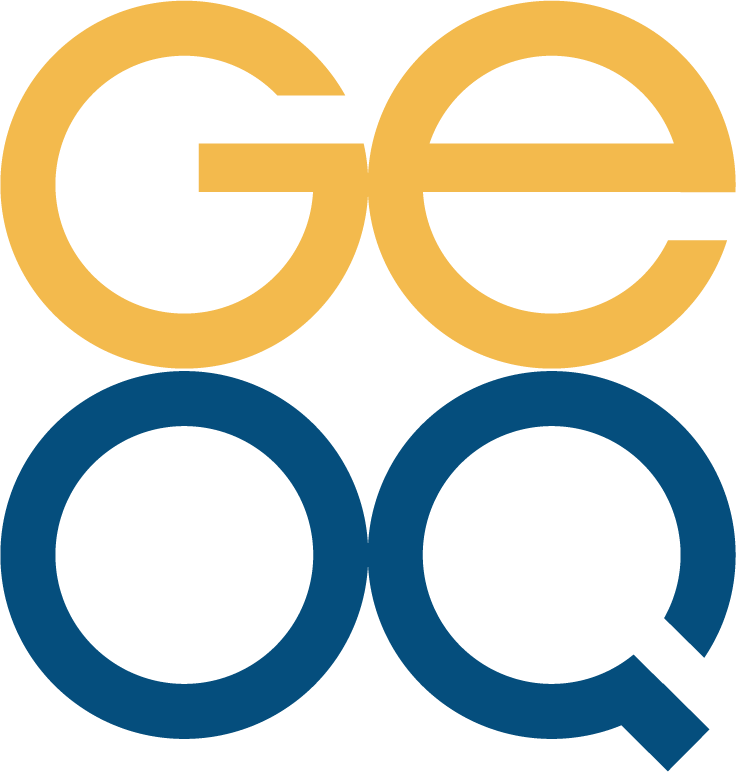| TITRE |
(EN) A Randomised Phase III Double-Blind Placebo-Controlled Study of Regorafenib in Refractory Advanced Gastro-Oesophageal Cancer |
| PROTOCOLE ID |
INTEGRATEII |
| CLINICAL TRIAL.gov ID |
NCT02773524 |
| TYPE(S) DE CANCER |
Estomac |
| PHASE |
Phase III |
| TYPE D'ÉTUDE |
Traitement |
| INSTITUTION |
CIUSSS DU CENTRE-OUEST-DE-L'ILE-DE-MONTREAL
3755 rue de la Côte Ste. Catherine
(514) 340-8222
|
| VILLE |
Montréal
|
| INVESTIGATEUR(RICE) PRINCIPAL(E) |
Petr Kavan
|
| COORDONATEUR(RICE) |
Inna Zhylina
inna.zhylina.ccomtl@ssss.gouv.qc.ca
514-340-8222 poste 28437
|
| STATUT |
Fermé
|
| CRITÈRES D'ÉLIGIBILITÉ |
(EN)
-
Adults (18 years or over) with metastatic or locally recurrent gastro-oesophageal cancer which:
Note: Neoadjuvant or adjuvant chemotherapy or chemoradiotherapy will be considered as first line treatment where people have relapsed or progressed within 6 months of completing treatment; Radiosensitising chemotherapy given solely for this purpose concurrent with palliative radiation will not be considered as a line of treatment. Ramucirumab monotherapy, or immunotherapy with a checkpoint inhibitor, will be considered a line of treatment.
- has arisen in any primary gastro-oesophageal site (oesophago-gastric junction (GOJ) or stomach); and
- is of adenocarcinoma or undifferentiated carcinoma histology , and
- is evaluable according to Response Evaluation Criteria in Solid Tumours (RECIST Version 1.1) by computed tomography (CT) scan performed within 21 days prior to randomisation. A lesion in a previously irradiated area is eligible to be considered as measurable disease as long as there is objective evidence of progression of the lesion prior to study enrolment; and
- has failed or been intolerant to a minimum of 2 and a maximum of 3 lines of prior anti-cancer therapy for recurrent/metastatic disease which must have included at least one platinum agent and one fluoropyrimidine analogue.
- Eastern Cooperative Oncology Group (ECOG) Performance Status of 0 or 1.
- Ability to swallow oral medication.
- Adequate bone marrow function (Platelets ≥100x109/L; Absolute Neutrophil Count (ANC) ≥1.5x109/L and Haemoglobin ≥ 9.0g/dL).
- Adequate renal function (Creatinine clearance >50 ml/min) based on either the Cockcroft-Gault formula (Appendix 2), 24-hour urine or Glomerular Filtration Rate (GFR) scan; and serum creatinine ≤1.5 x Upper Limit of Normal (ULN).
- Adequate liver function (Serum total bilirubin ≤1.5 x ULN, and INR ≤ 1.5 x ULN, and Alanine aminotransferase (ALT), Aspartate aminotransferase (AST), Alkaline phosphatase (ALP) ≤2.5 x ULN (≤ 5 x ULN for participants with liver metastases)). Participants being treated with an anti-coagulant, such as warfarin or heparin, will be allowed to participate provided that no prior evidence of an underlying abnormality in these parameters exists.
- Adequate cardiac function (Left Ventricular Ejection Fraction (LVEF) ≥ 50% or above the lower limit of normal (LLN) for the Institution (whichever is lower). Cardiac function should be assessed within 3 months prior to randomisation, but after completion of any anthracycline-containing chemotherapy.
- Willing and able to comply with all study requirements, including treatment, timing, and/or nature of required assessments and follow-up.
- Study treatment both planned and able to start within 7 days after randomisation (note: subjects randomised on a Friday should commence treatment no earlier than the following Monday).
- Signed, written informed consent.
|
| CRITÈRES D'EXCLUSION |
(EN)
|
